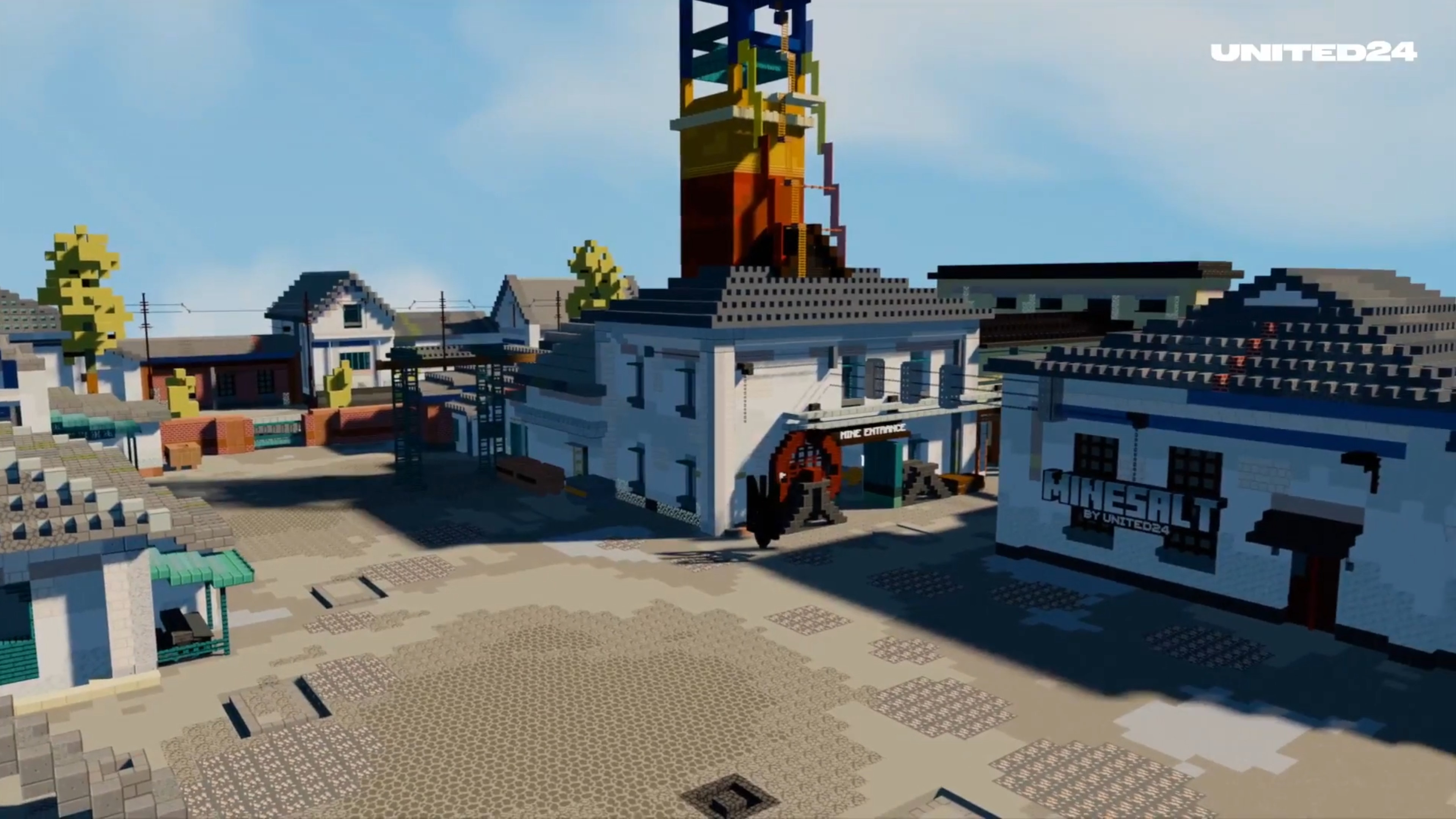Metaphor: ReFantazio feels like a fantasy Persona where no one was allowed to say no to the art team
Atlus finally asks itself the most powerful question in gaming: What if we made it British?
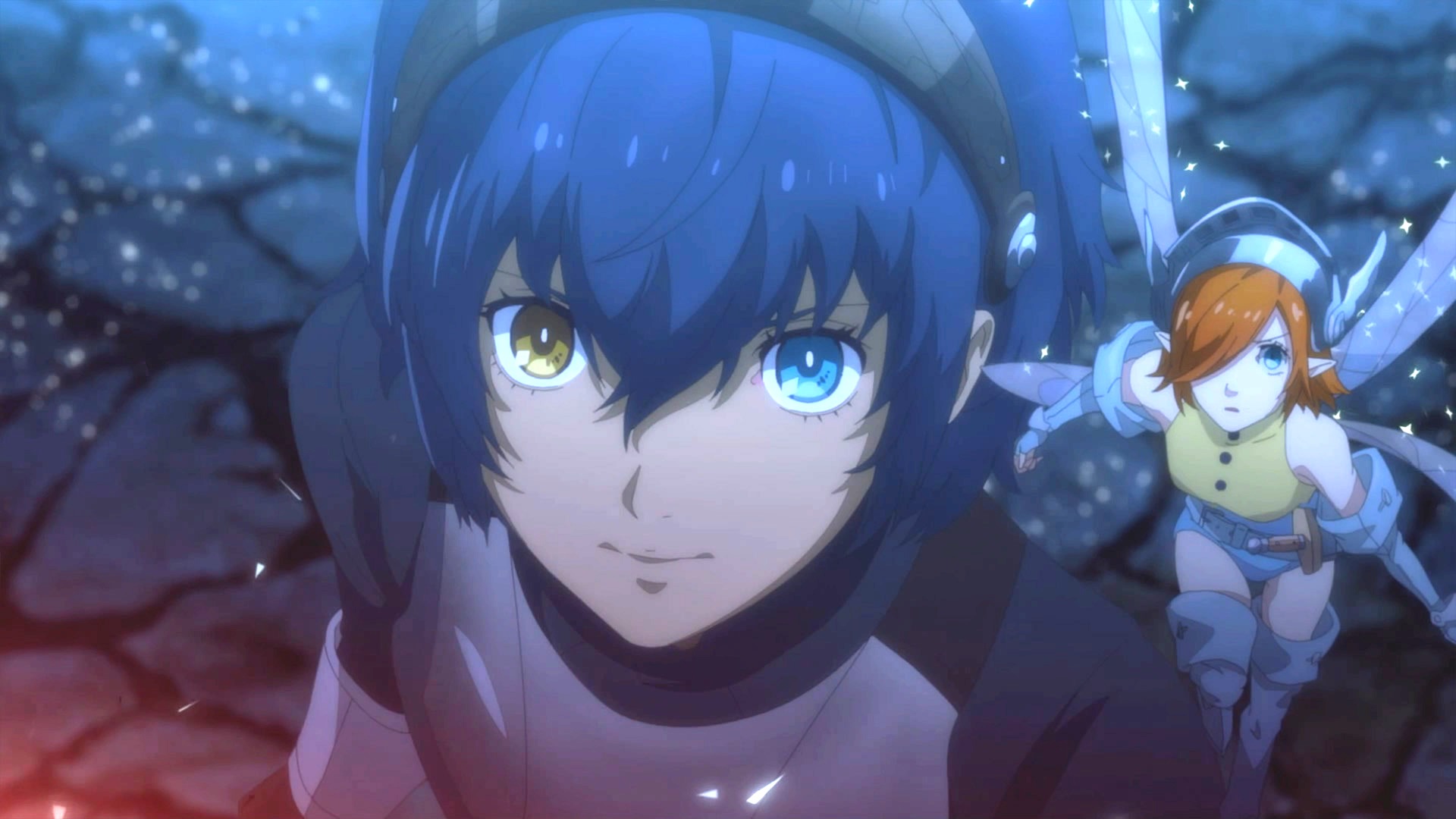
You know the rhythm: Spot an enemy, dash up to it from behind, strike, gain advantage, find the weakness, all-out attack. Rinse and repeat for anywhere from 75 to 150 hours and, boom, you've got a Persona. It's a time-tested method and, by god, it works. Or at least it does if the hundreds upon hundreds of hours I've accumulated across various Persona games mean anything (please let them mean something).
It's a loop you'll recognise in Metaphor: ReFantazio, Atlus' upcoming fantasy RPG, and that's no surprise. Metaphor is a new game—and new universe—from Katsura Hashino, Persona's director ever since 2006's Persona 3 set the template for what those games are in the modern era.
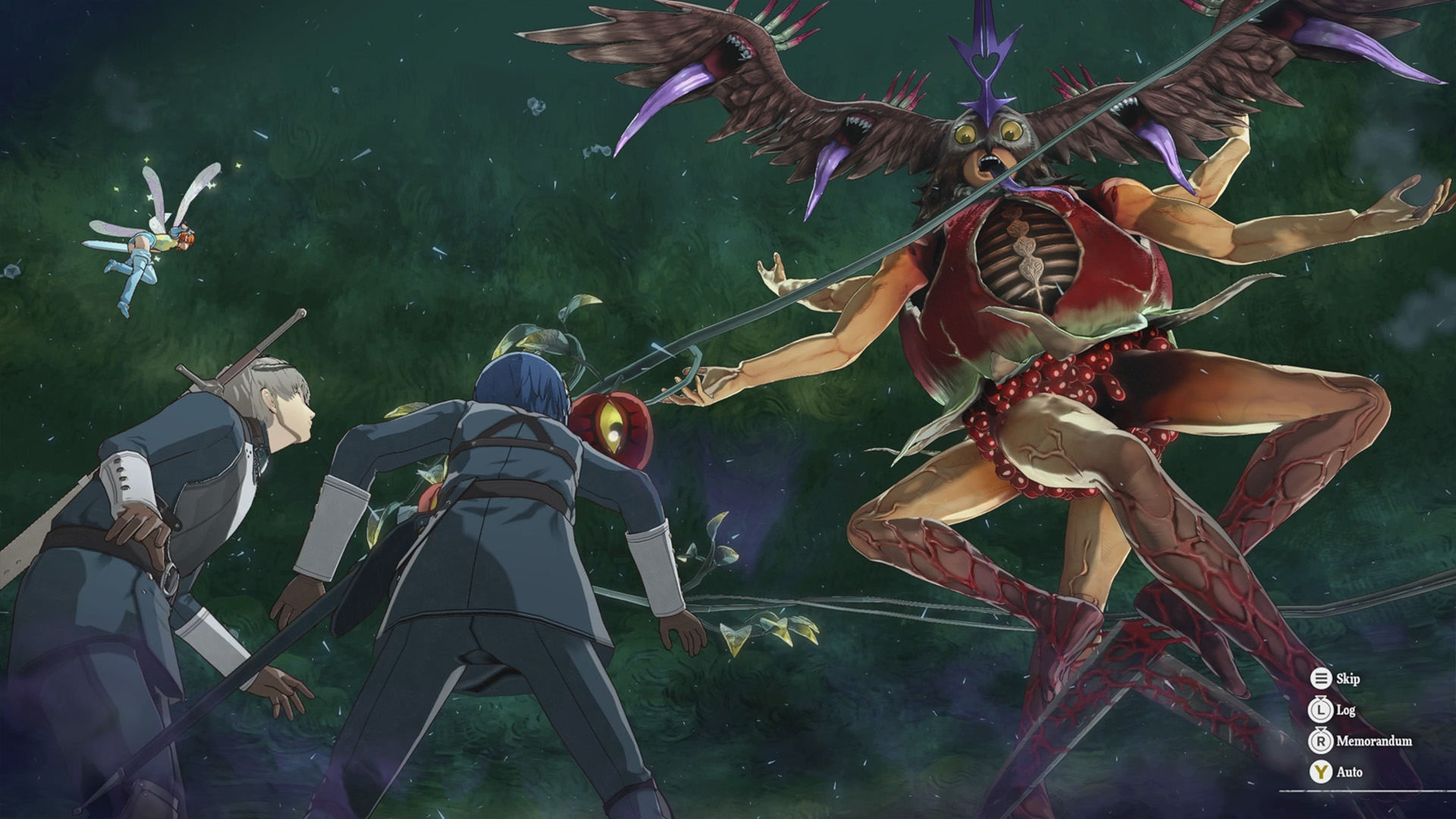
But having spent about an hour with the game across three 15-minute scenarios at this year's Summer Game Fest, I've also found myself surprised by the myriad ways in which the game isn't Persona: the ways that it pulls in little bits and pieces of other Shins Megami Tensei to create something new, distinct, and—most of all—even more preposterously stylish than ever.
Mass destruction
The three demo scenarios I got were all combat-focused: The first was essentially a short tutorial area, the second was a meatier dungeon, and the last was a showdown against a many-tentacled boss that emerged from the sea to menace my party's mobile base.
Like I said, a lot of the broad strokes of how combat works will probably sound familiar: Single enemies wander the world, waiting for you to whack them and transition into the turn-based squad battles.
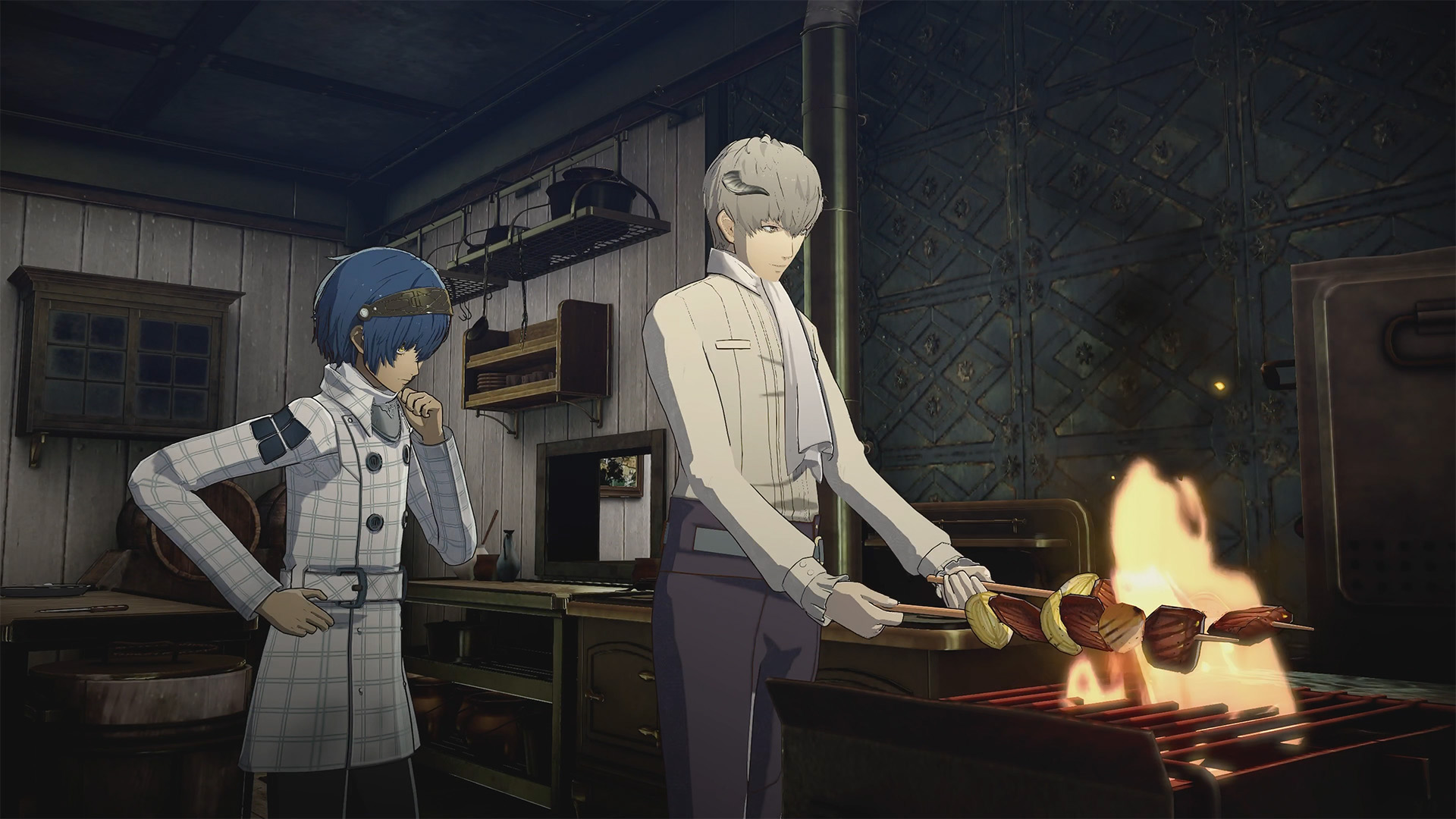
So far, so Persona, but even here there are wrinkles. Where Hashino's previous games have only asked you to quickly whack (or be whacked by) an enemy to transition to a battle, Metaphor wants you to hit them a few times in succession. Breaking their posture bar will give you a free attack in battle, potentially ending things as soon as they begin.
That's if your attacks don't simply kill them outright before you get into the turn-based mode: Low-level enemies will just keel over when you hit 'em—a bit like in Persona 5's Mementos—sparing you the effort of fighting them for real to grab their XP and loot.
Once you're in a fight, other SMT influence begins to creep in. Remember Nocturne's Press Turn system? The one that saw each side's allotment of moves controlled by how many "turn icons" they had remaining on-screen (in Nocturne, some moves only took half an icon, while failures might cost more than one)? A similar if not identical system appears in Metaphor, as does a system that sees your party members combine to perform powerful "synthesis" moves that might command a high turn-icon cost.
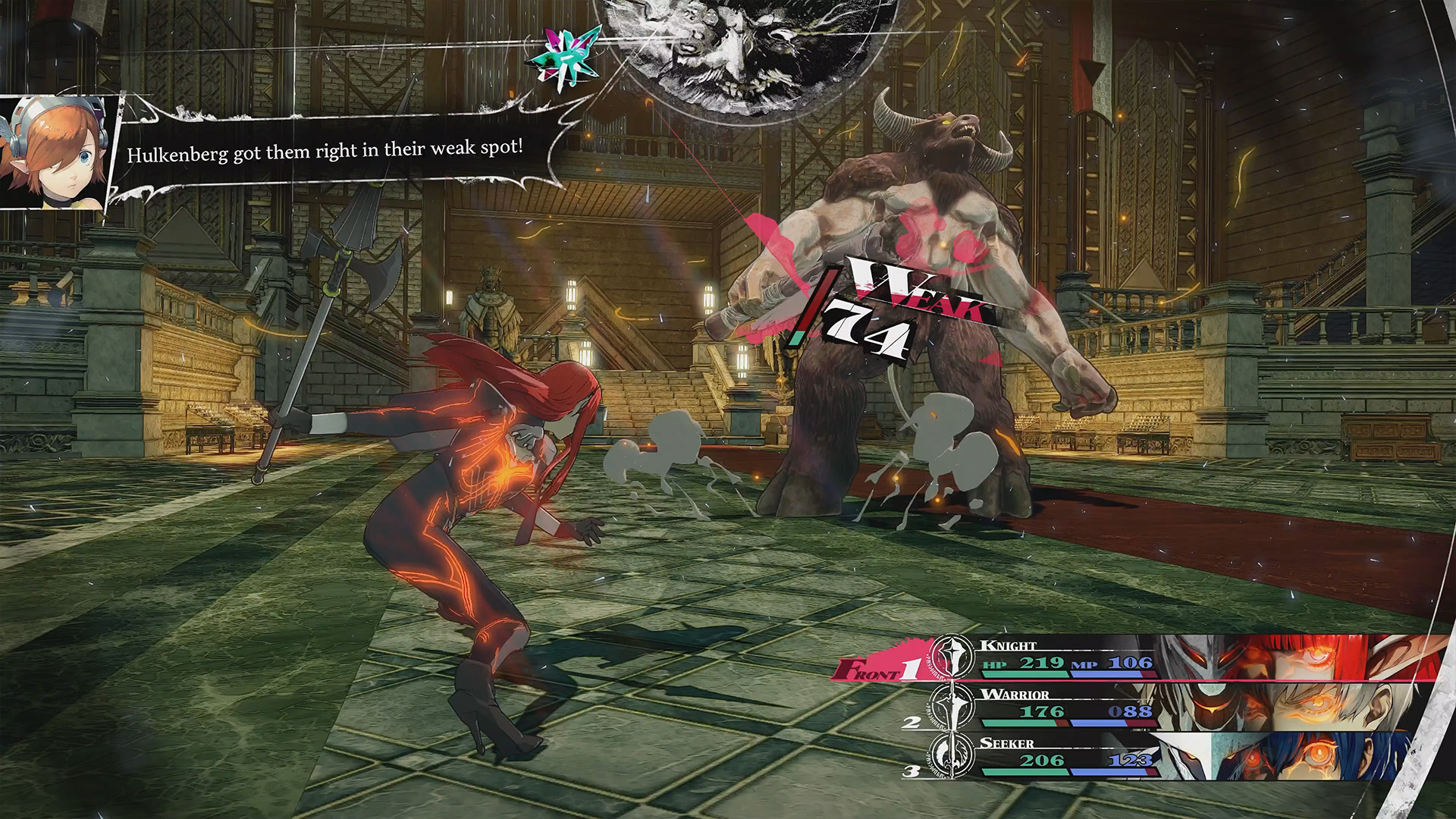
It's worth doing it, though: Making smart use of my synthesis moves made short work of the boss in phase three of my demo. Or it almost did. Sorry, everyone: I got lost on the ship and wasted 5 minutes in the pantry, meaning I didn't quite get to finish the fight. Hey, it was a very stylish pantry.
Wake up, get up, get out there
No, really, more stylish than ever. More stylish than Persona 5, even, a game drenched in so much confident swagger it launched a thousand character artist careers. The game's UI in particular is a feast for the senses. Every button press in Metaphor triggers some kind of gala event. Something as simple as checking my character stats sparked a sugar rush of Shigenori Soejima artwork as party member portraits twisted across the screen, all of them distinct and gorgeous. It's the same artistic philosophy that saw, for instance, Joker's outline present you pause-menu options in Persona 5, but taken to a lavish, technicolour extreme.
We've got bunny-girls, goat-boys, and your protagonist appears to be some kind of persecuted, adolescent David Bowie
It's great, if you couldn't tell from my gushing, and really feels like a squad of Persona grandmasters operating at the height of their powers. It extends into the design of the world and its characters, too. Atlus is leaning hard into fantasy for Metaphor, and has taken that as an excuse to go hog-wild with its characters and world design.
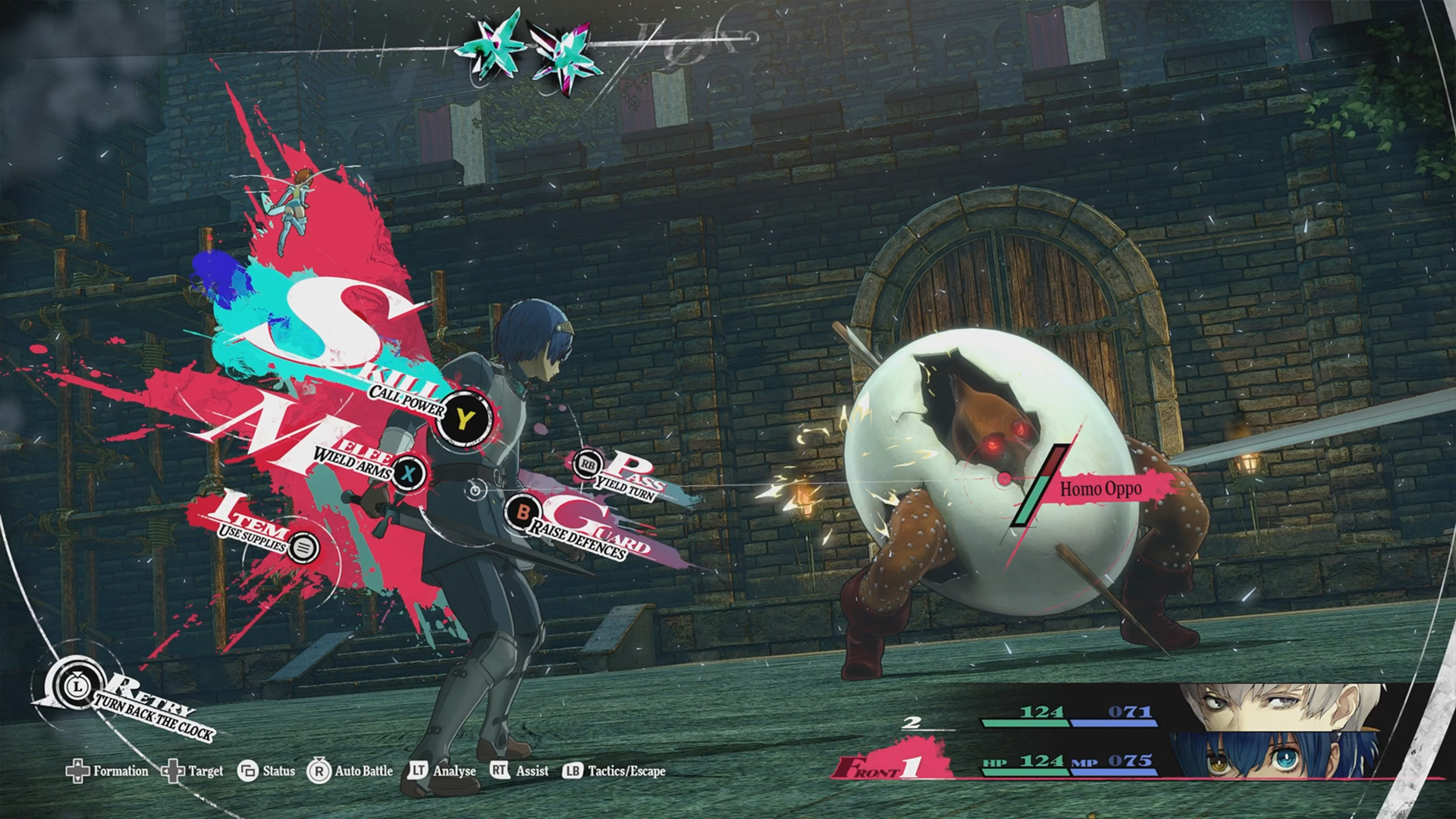
We've got bunny-girls, goat-boys, and your protagonist appears to be some kind of persecuted, adolescent David Bowie: A heterochromatic "Travelling boy" who's a member of a victimised fantasy tribe called the elda. The enemies you fight are of a piece with the emerged-from-the-collective-subconscious Jungian weirdness of the Persona games, but even they still manage to seem novel. I spent a lot of my time in the game's demos battling bipedal eggs pierced by arrows, while the bosses were a gross mess of limbs and pustules and tentacles. Oh, and your enemies are called "humans," by the by.
But most of all, it's British as hell. Bid farewell to Persona's all-American voice casts, friends, because Metaphor: ReFantazio promises to be the first Atlus game to acknowledge the existence of Geordies. As someone used to the dulcet US tones of the Troy Bakers and Cherami Leighs of the world in my Atlus games, encountering a rabbit-woman bounty hunter with the most potent cockney accent a person's vocal cords can muster had roughly the same effect on me as being flashbanged.
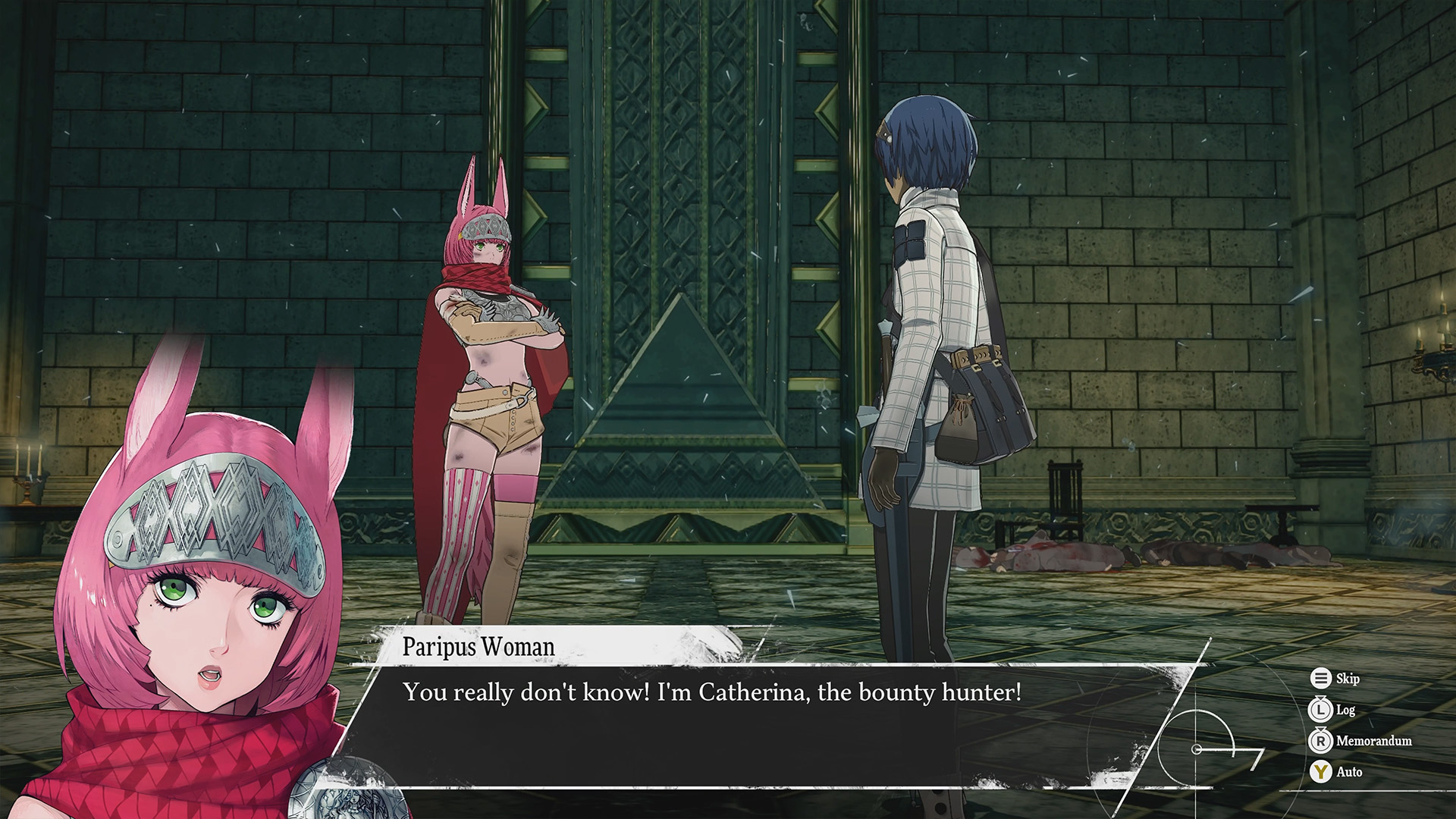
It was a joy to play and to look at, and it all of it combines to give Metaphor a very distinct sense of setting even in my short time with the game, even as it draws on Atlus' (and Hashino's) other work to invent itself. I can't wait to play a bit more, mostly because of what I've just spoken about, but also to find out just what the hell a ReFantazio even is.
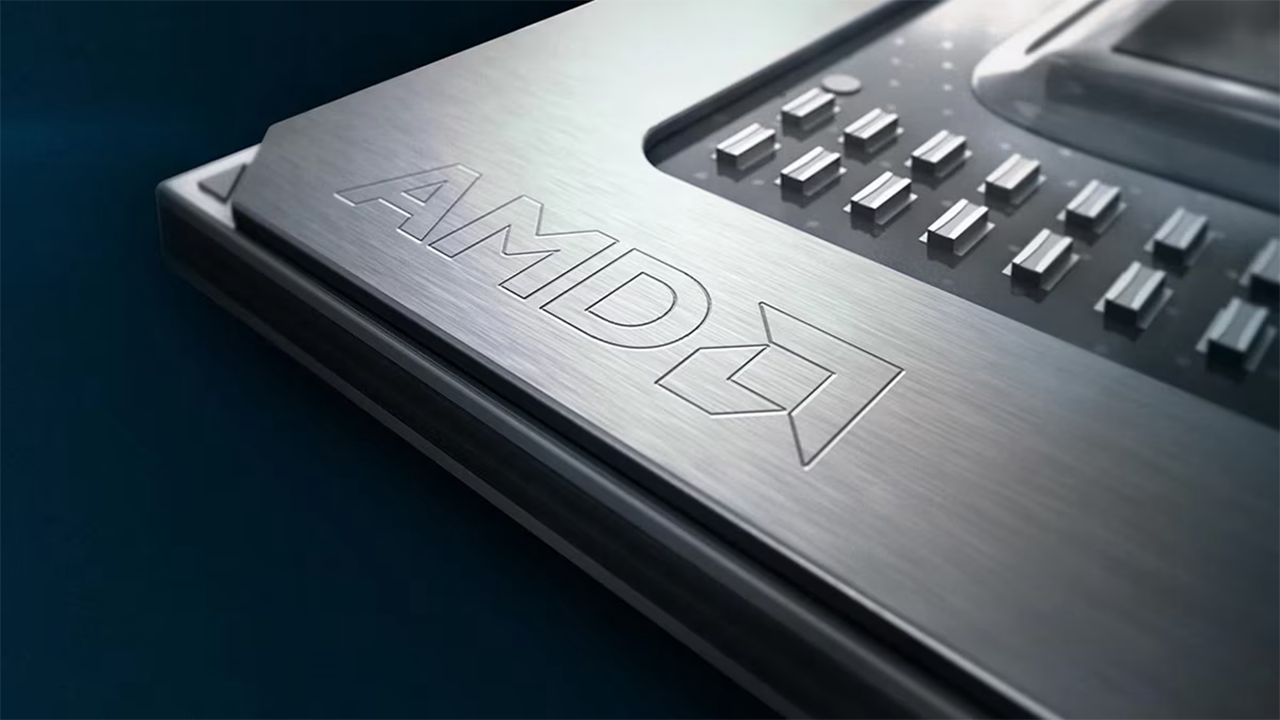
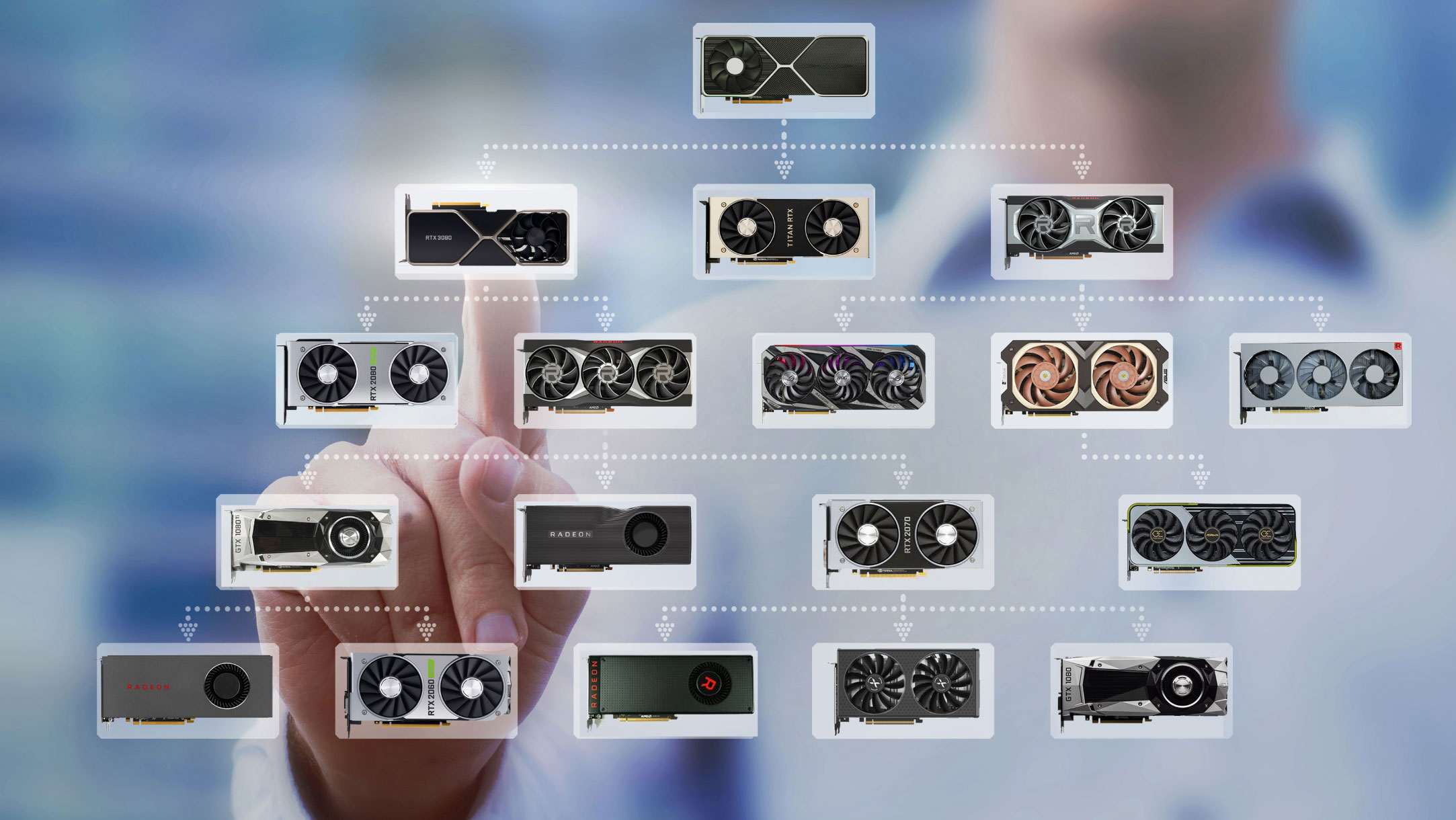





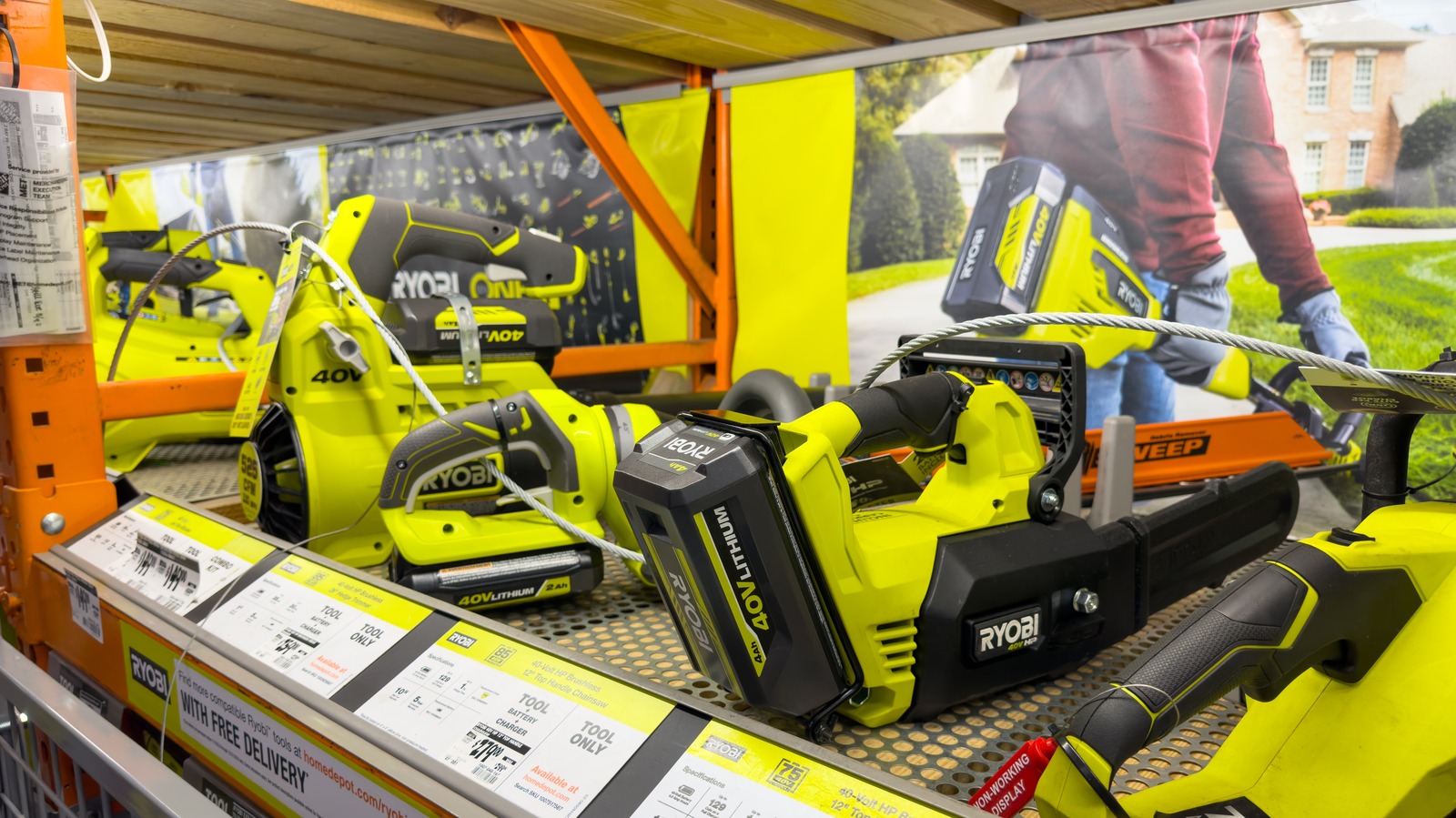





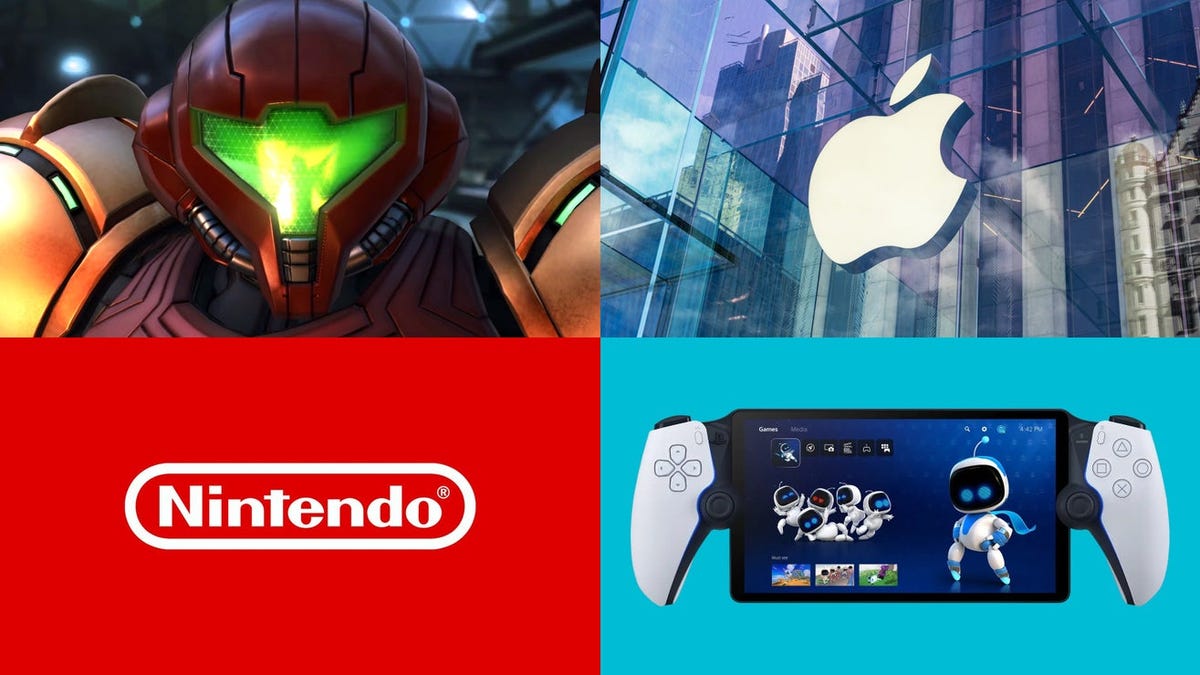


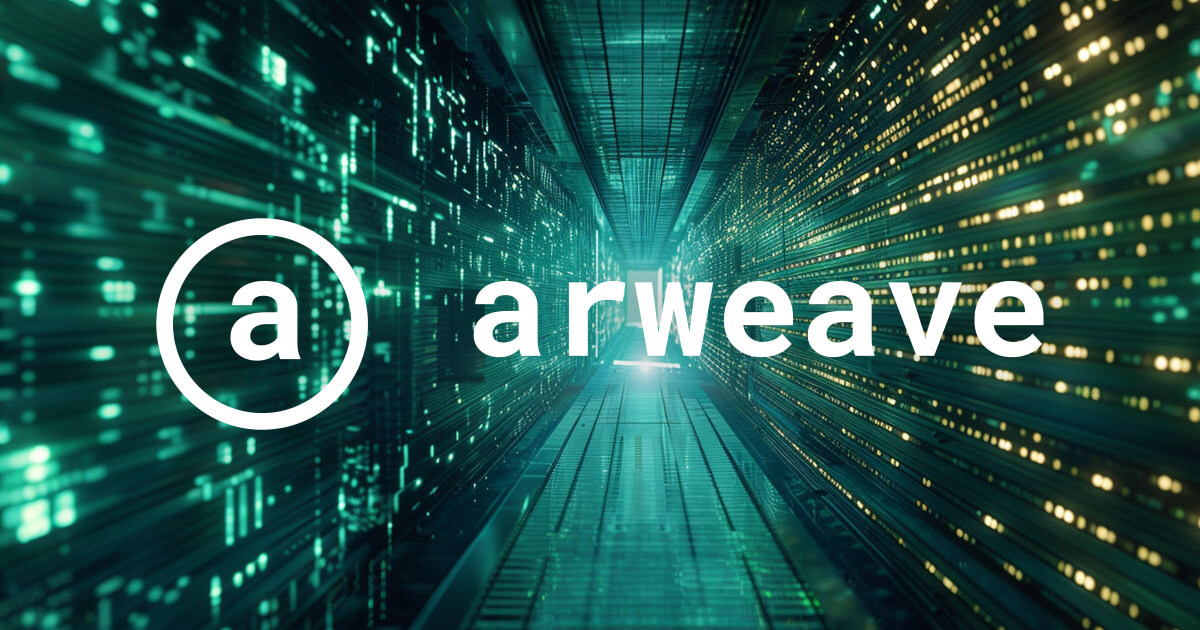





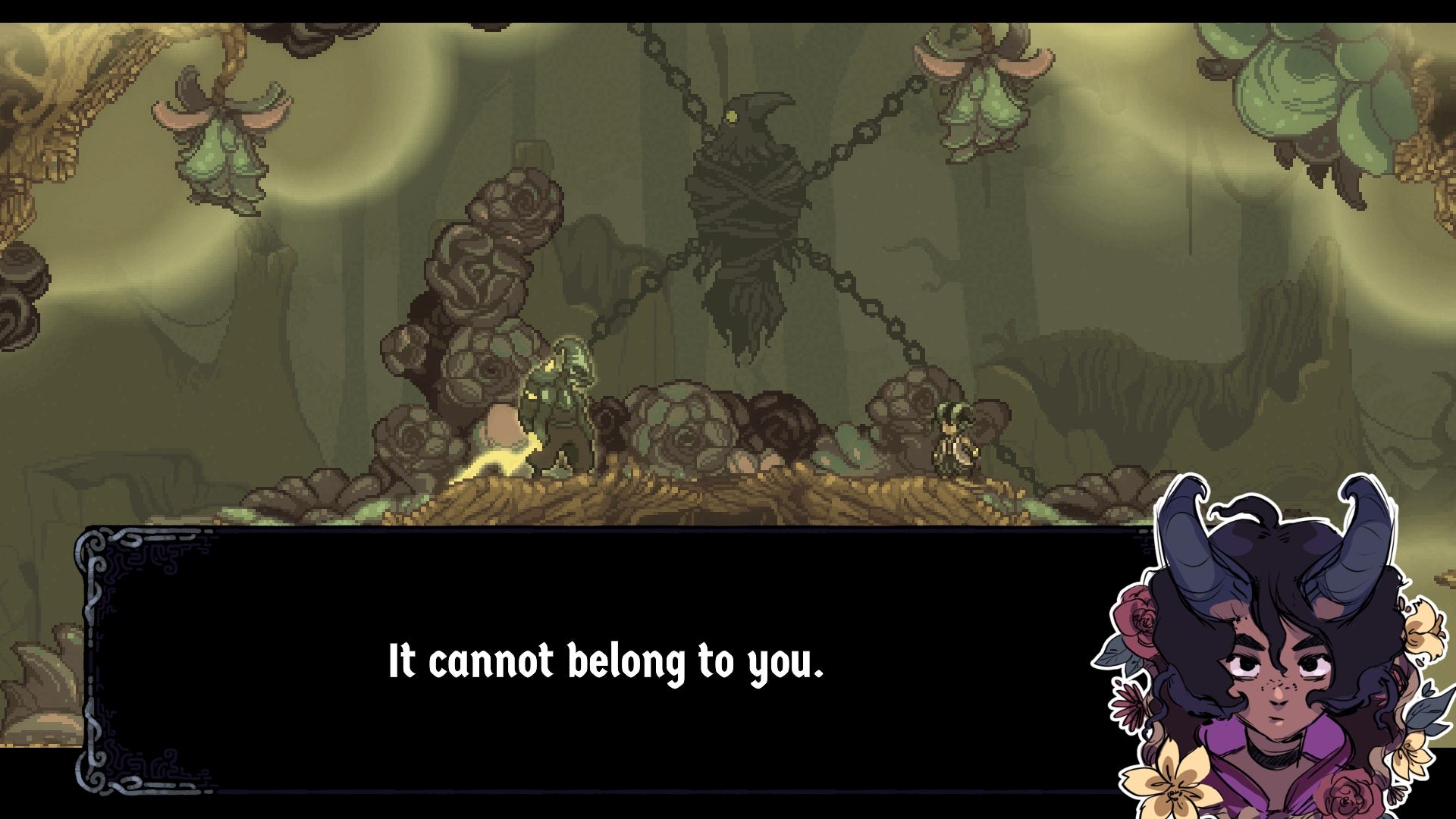
![Fortnite's Free Cars Will Get You Killed Faster Than Its Paid Ones, New Video Shows [Update]](https://i.kinja-img.com/image/upload/c_fill,h_675,pg_1,q_80,w_1200/dbf76ebef8fcfcd08cfa40922af1a40c.jpg)

